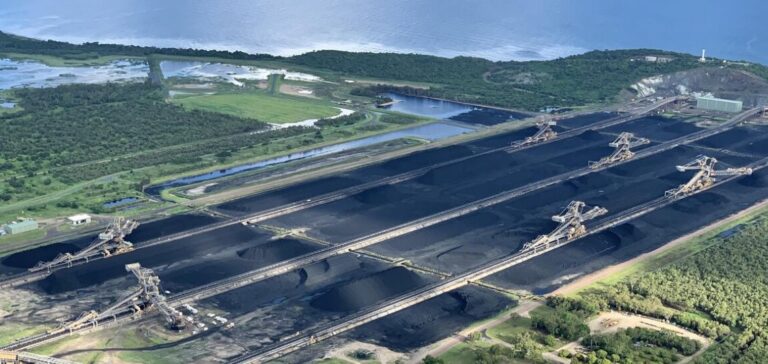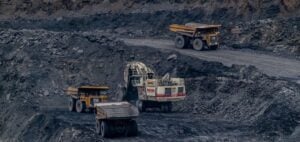The Australian Department of Industry, Science and Resources has lowered its forecast for metallurgical coal exports for 2023-24 to 161 million metric tons, from 166 million previously estimated. This revision is the result of a partial recovery in domestic production. Exports are expected to rise by 3.2% year-on-year, however, as Australian coal is perceived in Europe as an alternative to Russian coal.
Factors affecting production and exports
Australian metallurgical coal production and exports were limited by bad weather and logistical problems. In addition, demand, including moderate steel production by some regional importers and weak exports to China after two years of halted Chinese imports of Australian coal, also played a role. Despite these challenges, export forecasts for 2024-25 remain unchanged, thanks to increased production from new mines in New South Wales and Queensland.
Price outlook and potential impacts
Metallurgical coal prices are expected to fall as supply disruptions diminish, from $298/mt in 2023 to $277/mt in 2024, and even lower to $185/mt by 2029. This downturn could affect prospects for new projects. However, key projects such as Olive Downs and Maxwell should continue to increase production in the short term.
Chinese imports and Indian demand
China’s imports of metallurgical coal are expected to decline due to a modest drop in steel production. Conversely, India’s demand is expected to rise from 73 million mt in 2023 to 89 million mt in 2029. This increase will partially offset the fall in Chinese demand.
Australia’s iron ore exports are set to increase, reaching 905 million mt in 2024. Despite an expected drop in prices, this rise is supported by the arrival of new offers from established and emerging producers. China, despite a weak real estate sector, has seen its iron ore imports increase by 6.6% in 2023.






















